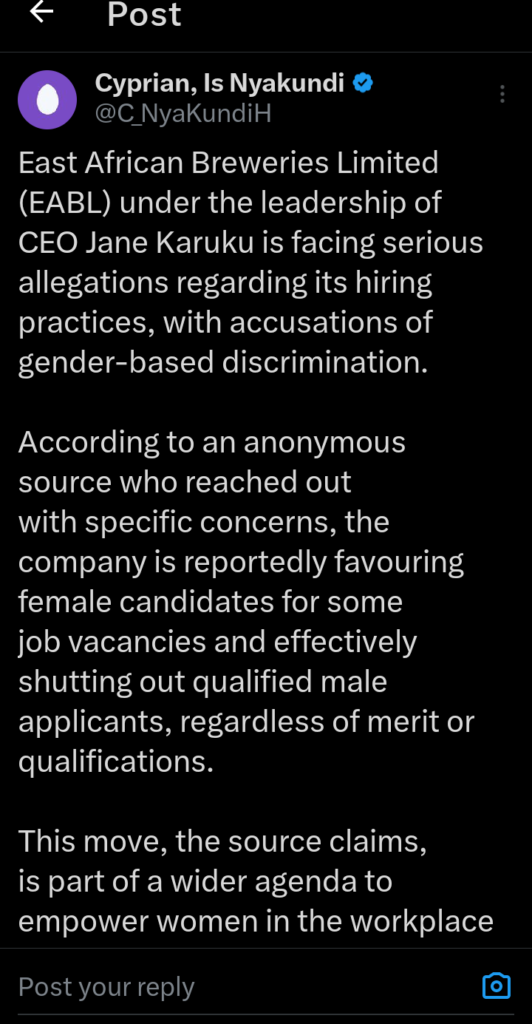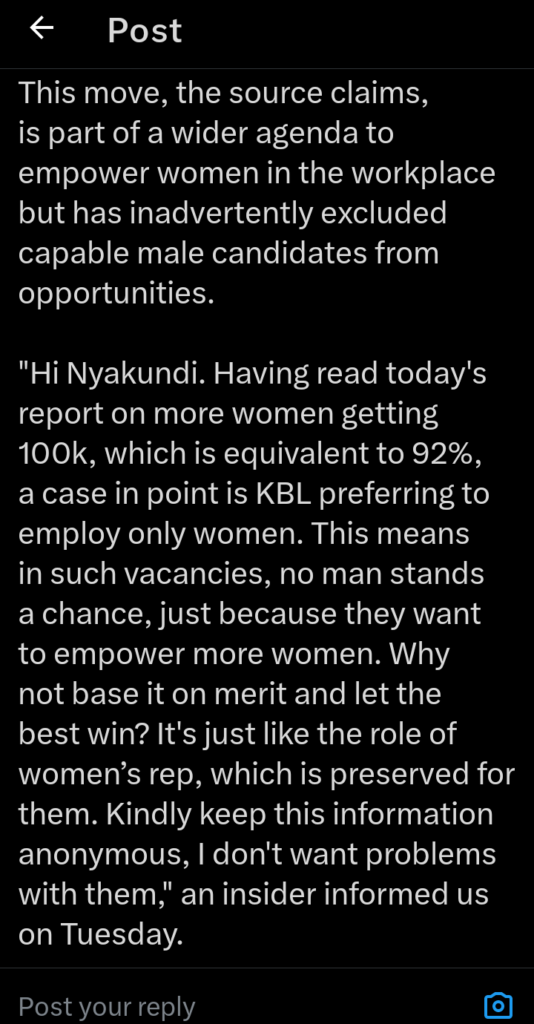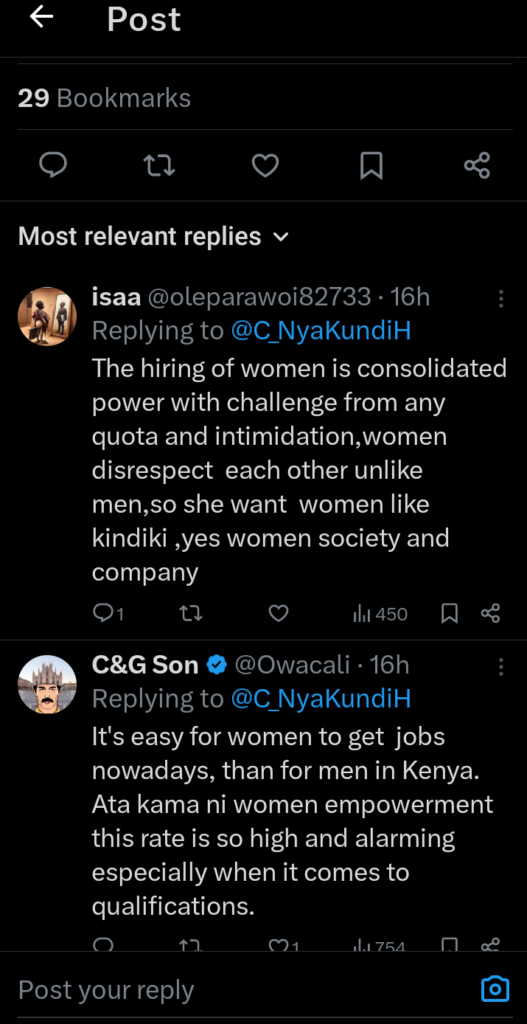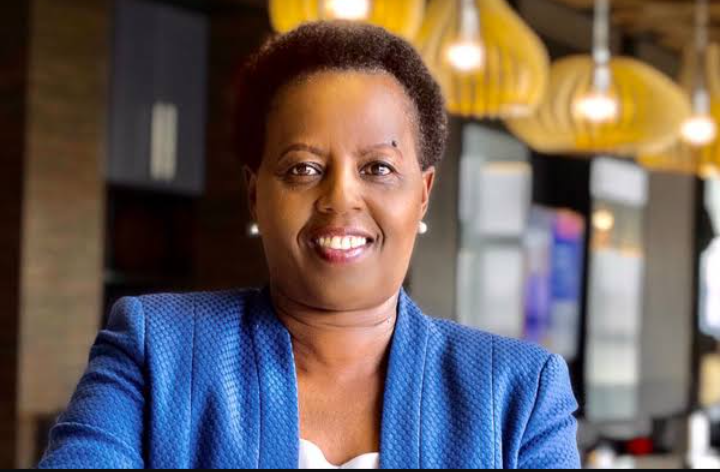East African Breweries Limited (EABL), one of the largest and most influential companies in East Africa, is facing criticism under the leadership of CEO Jane Karuku.
The company, while celebrated for its efforts toward gender empowerment, is now accused of fostering a work environment where hiring practices are tilted in favor of women to the detriment of equally qualified male candidates.
This alleged gender-based favoritism is beginning to raise serious concerns about fairness, meritocracy, and the long-term consequences for both EABL’s reputation and its overall success.
According to an anonymous whistleblower, EABL’s recruitment policies prioritize female candidates, particularly in roles that could be filled by either gender.

While the intention behind this policy may be to promote gender diversity and empower women, the report suggests that this initiative has resulted in the systematic exclusion of male applicants, regardless of their qualifications or experience.
Male candidates, even those more qualified than their female counterparts, are said to be overlooked simply because of their gender.

This practice, critics argue, creates an unbalanced and unfair hiring environment where merit and qualifications are sidelined in favor of fulfilling gender quotas.
This strategy of prioritizing women for certain roles, according to those familiar with the internal affairs at EABL, is causing frustration among employees and job applicants.
The criticism is not just about the potential marginalization of male candidates but also about the harmful impact on the principle of meritocracy.
By focusing more on gender diversity than on skills, the company risks alienating highly qualified individuals who might feel discriminated against for factors beyond their control.
Such practices could also harm EABL’s ability to attract and retain top talent in the long term, which could ultimately affect the company’s competitive edge in the market.
In addition to the accusations of biased hiring, Karuku’s leadership is facing scrutiny for decisions that some believe are more focused on gender quotas than on the overall success and integrity of the company.

While Karuku is praised for being one of the few female CEOs in Kenya’s corporate scene, her critics argue that her focus on empowering women has led to a workplace culture that, ironically, may not be as inclusive as it claims to be.
The exclusion of male candidates, based on gender rather than qualifications, runs counter to the broader ideals of equality and fairness that should be the foundation of any progressive workplace. The impact of these hiring practices extends beyond the walls of EABL.
As one of East Africa’s most prominent brands, the company’s actions are being watched closely by both the public and potential investors.





















Add Comment